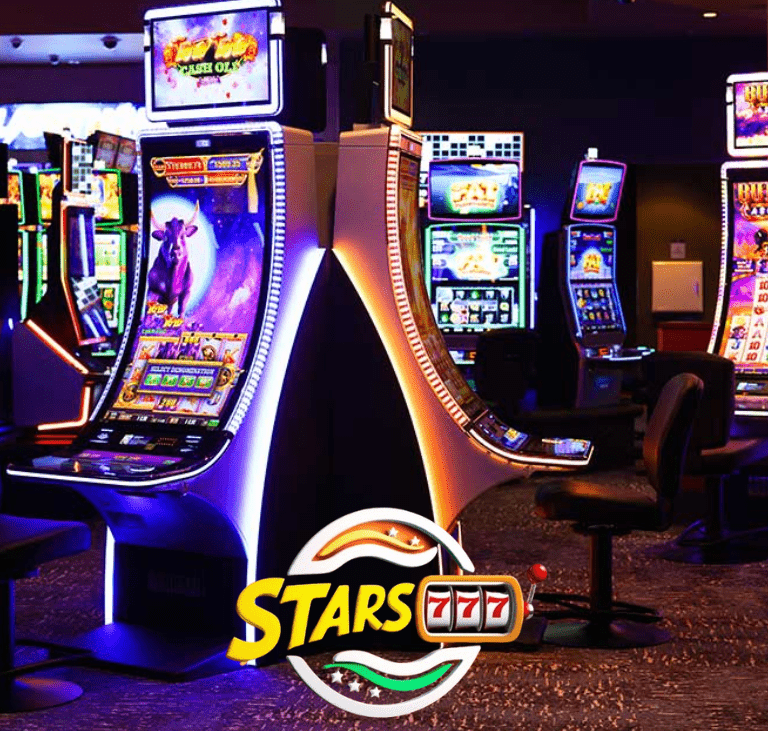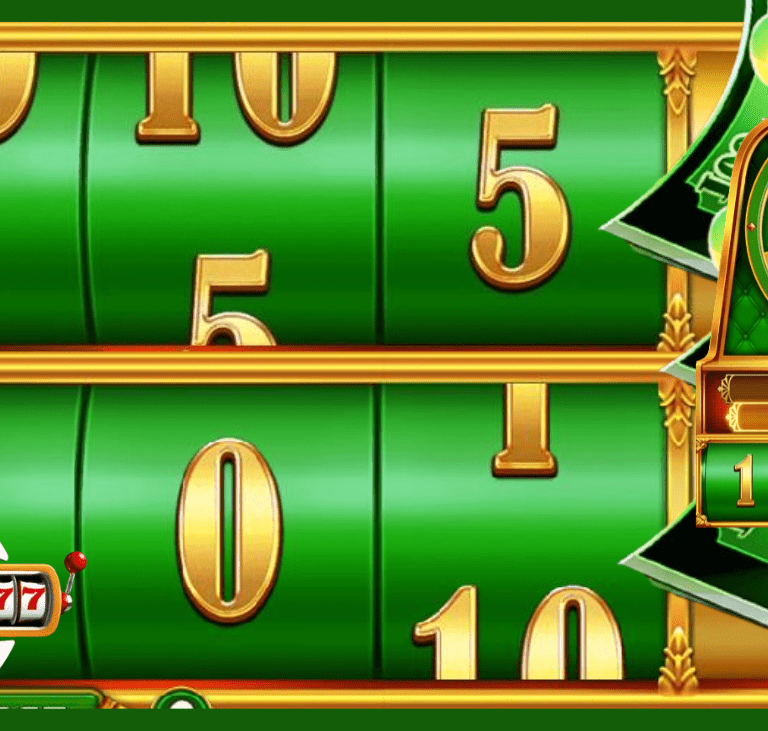Luck in Casino Table Games: How Much Does It Matter?
Casino table games have always drawn excitement, suspense, and intrigue. Whether it’s the clattering of dice in Craps, the shuffle of cards in Blackjack, or the spin of a Roulette wheel, these games offer players the chance to win big—if luck is on their side. But just how much does luck truly matter in casino table games? And can skill, strategy, or knowledge of the game tilt the odds in your favor?
In this blog, we’ll explore the role of luck in popular casino table games, examine how much control players really have, and discuss how understanding the balance between luck and strategy can improve your chances of walking away a winner.
The Role of Luck in Casino Table Games
Luck plays a crucial role in all casino table games, but its impact can vary dramatically depending on the game. While certain games like Roulette and Craps are primarily governed by chance, others such as Blackjack and Poker allow for strategic decision-making that can reduce the house edge. Still, even in skill-based games, luck cannot be entirely removed from the equation.

At the heart of most casino table games is a mathematical concept known as “randomness.” Every outcome is generated by chance—whether it’s the result of a dice roll, a card shuffle, or a wheel spin. This randomness ensures fairness for both the player and the house, and it means that the result of any given game is unpredictable.
However, just because casino table games rely on randomness doesn’t mean you’re entirely at the mercy of luck. Many games offer opportunities to improve your odds by making well-informed decisions based on strategy and statistical probabilities.
Luck vs. Strategy: Breaking Down Popular Casino Table Games
Let’s take a look at how luck and strategy factor into some of the most popular casino table games found in casinos:
1. Roulette: Luck Dominates
Roulette is one of the purest examples of a game driven by luck. Players place bets on where they believe a small white ball will land as it spins around a numbered wheel. The result is entirely random, with no way to predict or control the outcome.
However, players can choose from different betting strategies, such as betting on individual numbers, groups of numbers, or colors (red or black). While these strategies can help manage risk and maximize potential winnings, they do not influence the outcome of any spin. In short, every spin of the Roulette wheel is governed by chance. This makes it one of the most luck-driven casino table games.
2. Craps: A Roll of the Dice
Craps is another table game where luck is a dominant factor. Players bet on the outcome of a roll (or series of rolls) of two dice. Like Roulette, Craps relies heavily on randomness, as there is no way to predict what number the dice will land on.
However, players can employ betting strategies that reduce the house edge. For example, placing bets with lower odds, such as the “Pass Line” or “Don’t Pass Line,” can increase the player’s chances of winning. But even with these strategies, Craps remains a game where luck dictates the majority of the outcomes, making it one of the most exciting casino table games for chance-based play.
3. Blackjack: Luck Meets Strategy
Unlike other casino table games like Roulette and Craps, Blackjack is a game where players can actively influence the outcome through strategy. In Blackjack, players aim to beat the dealer by getting as close to 21 points as possible without going over.
While luck is a factor in the cards you’re dealt, decisions made during the game—such as whether to hit, stand, double down, or split—can significantly impact your chances of winning. Using a basic Blackjack strategy, which outlines the best decisions based on the cards in play, can help reduce the house edge to as low as 0.5%.
In Blackjack, luck affects the cards you receive, but strategy can tip the scales in your favor over the long run, making it one of the more skill-based casino table games.
4. Poker: Skill Takes Center Stage
Poker is unique among casino table games because it relies heavily on skill, psychological tactics, and bluffing. In games like Texas Hold’em, players compete against each other rather than the house, and outcomes are determined by a combination of card luck and the ability to outplay opponents.
While luck determines which cards are dealt, skilled players can often overcome bad hands through strategic betting, reading their opponents, and making smart bluffs. In this sense, Poker is a game where strategy can overshadow luck, especially for experienced players.
Success in Poker is less about the cards you’re dealt and more about how you play them, making it one of the most skill-intensive casino table games.
Can You Control Luck in Casino Table Games?
Given that luck plays such a major role in most casino table games, many players wonder if there are ways to control or influence it. While you can’t change the randomness of a game, you can certainly manage your gameplay in ways that mitigate the impact of bad luck.
Bankroll Management
One of the most effective ways to protect yourself from bad luck is by practicing good bankroll management. Set a budget before you start playing, and never bet more than you can afford to lose. This will help you ride out unlucky streaks without depleting your funds too quickly—something vital in all casino table games.
Game Selection
Another way to minimize the influence of luck is by selecting games that offer better odds or lower house edges. For example, playing Blackjack using basic strategy or choosing a version of Roulette with a single zero can improve your chances of winning compared to other casino table games where luck is the only factor.
Know When to Walk Away
Perhaps the most important skill in gambling is knowing when to walk away. No matter how lucky or unlucky you feel, it’s crucial to set limits on your playtime and winnings. Walking away when you’re ahead ensures that you keep your profits, while stopping after a losing streak prevents you from chasing losses and making poor decisions driven by frustration.

The Appeal of Luck-Based Casino Table Games
Even though luck plays a significant role in most casino table games, it’s precisely this unpredictability that draws so many players to the casino floor. There’s something thrilling about placing a bet and not knowing what the outcome will be. The element of surprise, combined with the possibility of a big win, keeps players coming back for more.
In games like Roulette or Craps, the sheer randomness adds excitement and suspense that you won’t find in more strategy-heavy casino table games like Poker. It’s this balance between skill and luck that makes casino table games such a diverse and appealing part of the casino experience.
The Bottom Line: Luck and Strategy Coexist in Casino Table Games
So, how much does luck really matter in casino table games? The answer depends on the game you’re playing. In games like Roulette and Craps, luck is the primary factor, while in games like Blackjack and Poker, strategy and skill can make a significant difference.
That said, even the most skilled players are still subject to the whims of chance. Understanding the role of luck and learning how to balance it with strategy can help you make smarter decisions at the table and enhance your overall casino experience.
Whether you’re a fan of games of pure chance or prefer the challenge of skill-based play, the interplay between luck and strategy is what makes casino table games so captivating. With a bit of knowledge, careful planning, and an appreciation for randomness, you can maximize your enjoyment and maybe even walk away with a winning hand in your favorite casino table games.
- Stars777 – Download and Install the app to play casino games with free starting bonuses and get the chance become billionaire someday!
- Stars777 Privacy Policy — Understand how Stars777 collects, uses, and protects your personal information when you use their platform.
- Stars777 Terms of Service and Guidelines — Learn about the rules and conditions you agree to when accessing and using Stars777’s online casino services.








